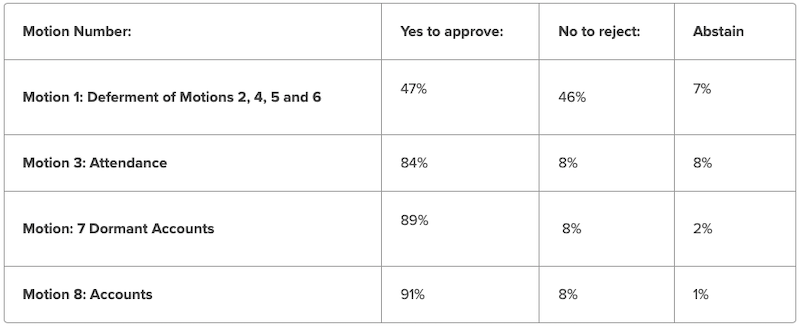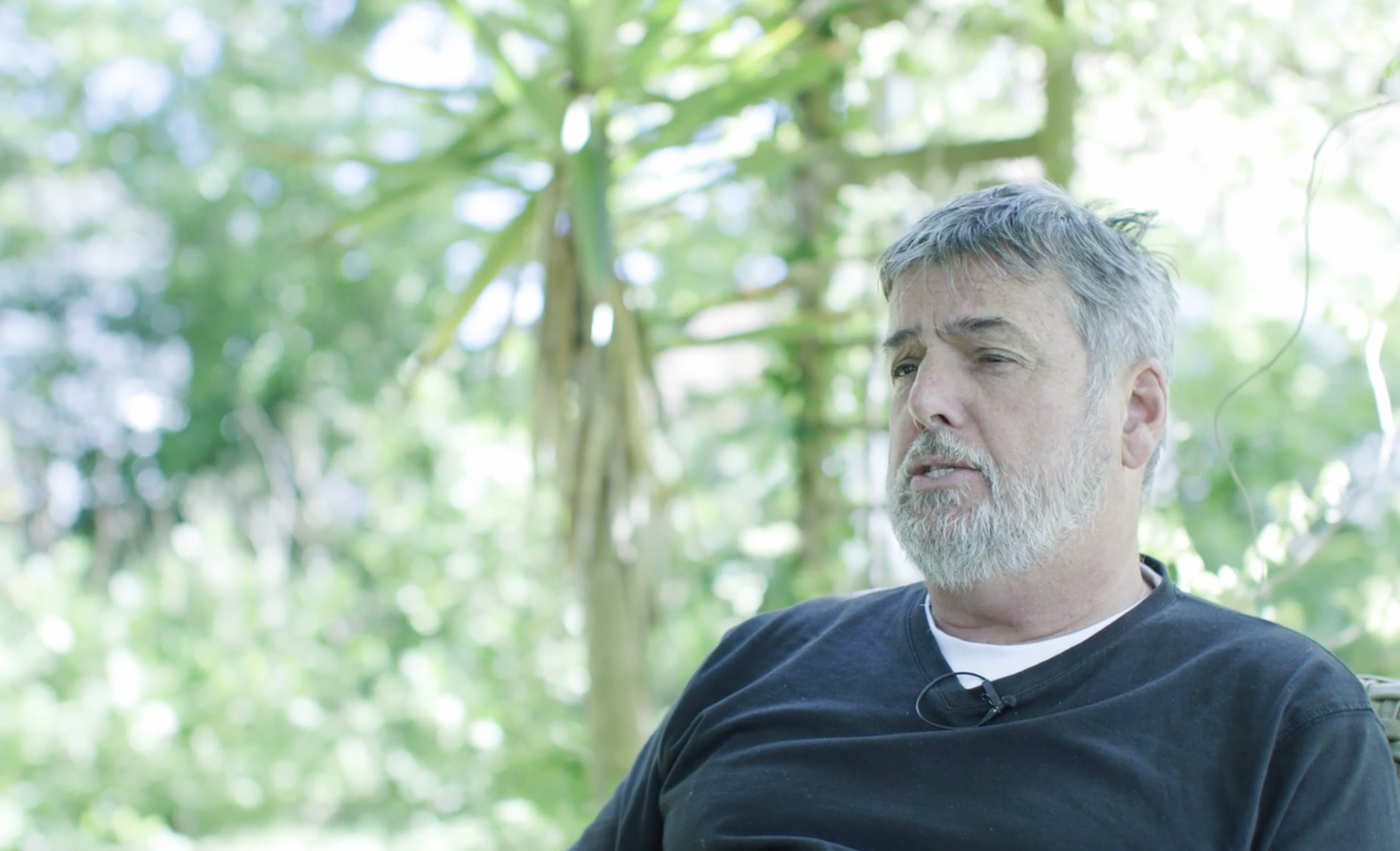

A controversial proposal that would have given members less control over the way the Channel Islands Co-operative Society is run was deferred by the smallest of margins at a recent online meeting.
Allowing the society's board to appoint three of its own directors would have diminished the influence of member-elected directors. In doing so, it would have threatened a major shift in the Co-op's democratic principles, according to former society Presidents Peter Roffey and June Le Feuvre.
"Many other successful regional Co-ops are not following suit and are steadfastly refusing to water down their democracies. Nor should the Channel Islands’ Co-op do so without very full and careful consideration. Democracy once lost will be very hard, if not impossible, to regain. Our mutual business has thrived for over 100 years while remaining democratically controlled but once that democracy is diluted it will be gone forever," the pair wrote in a letter to shareholders in advance of the vote.
Their move to postpone the vote was approved by the smallest of margins. Concerns have since been raised about secondary account holders not being allowed access to the meeting.
A spokesperson for the Co-op said all valid requests to attend were granted: “210 members attended the AMM. Only members are able to attend and vote at member meetings.
"Some islanders who tried to register were denied access to attend, this was either because they were secondary members on a joint account, hadn’t been a member for a minimum of six months or weren’t members at all."
Mr Roffey, who was the Co-op's first Guernsey-based President, said concerns raised with Express had also been raised with himself and another former director he had spoken to. "It was indicative of the fact that it was not the right forum to make fundamental changes to the governance of the Co-op," he said.

Pictured: The motion to defer the democratic changes was approved by the smallest of margins.
A spokesman for the Society said it was in "the best interests of our Board and our Members" to increase the potential number of directors from nine to 11 and to make changes allowing the Board to appoint up to three professional external directors.
Until recently all directors were elected by the membership. Then the rules were changed to reduce the number of directors elected by the membership from eight to six. The Society's CEO and two appointed NEDs were then added to the board.
This was agreed after an “inherent tension” was identified between co-operative democratic principles and the need for the commercial skills required to make a success of the business.
Mr Roffey argued that the membership's control over who is elected to run the Society was being eroded and that such a proposal should not be voted on via an online Special Members' Meeting, which would be alien territory for many.

Pictured: Peter Roffey said other regional Co-ops were "steadfastly refusing" any efforts to "water down traditional democratic principles".
"Under the proposed new arrangements five of the six member elected directors could object to a course of action and yet be overruled," said Mr Roffey. "This is not co-operative democracy as it is traditionally understood.
"Democracy once lost will be very hard, if not impossible, to regain. Our mutual business has thrived for over 100 years while remaining democratically controlled but once that democracy is diluted it will be gone forever."
Similar concerns were raised over the proposal to allow a non-elected director to become the society’s president for the first time in its history and to extend the maximum term of non-elected NEDs from six to nine years.
"Taken together these changes represent a major move away from a board moulded on co-operative principles, towards one more akin to a standard company board," said Mr Roffey.
His proposal to defer the proposal until next year's meeting was successful by a slender margin after it backed by 47% of those in attendance and opposed by 46%. 7% abstained.
Jersey Senator Sam Mézec was among those to praise Mr Roffey, writing on Facebook after the vote: "Phew. That was close! Well done for leading on that Peter. Hopefully the Co-op will rethink this now."
Comments
Comments on this story express the views of the commentator only, not Bailiwick Publishing. We are unable to guarantee the accuracy of any of those comments.